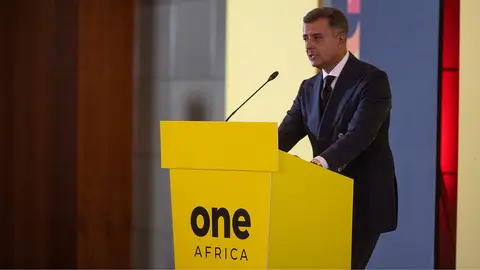Building tomorrow's Africa together
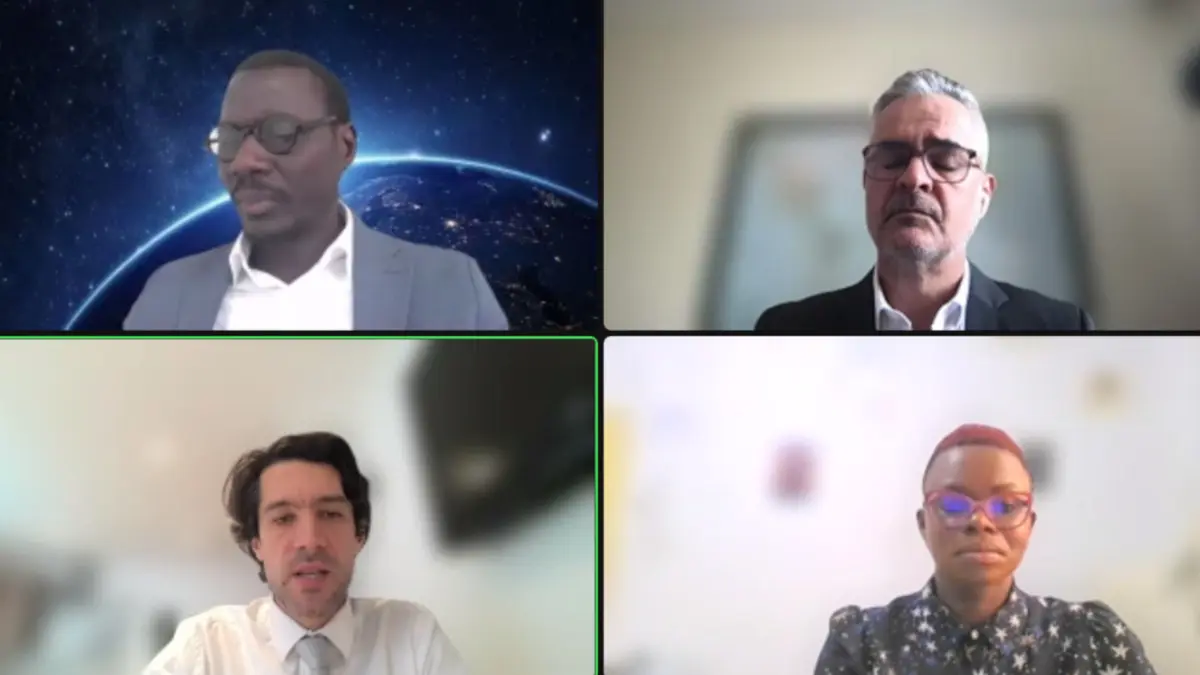
The Africa Spain Business Summit is an online platform for building bridges and unlocking opportunities. After the success of the first event held in July 2023 in Madrid, One Africa Forum will take its ideas to Barcelona on 9, 10 and 11 July where businessmen, diplomats and investors from all African and European countries will encourage free trade agreements in Africa.
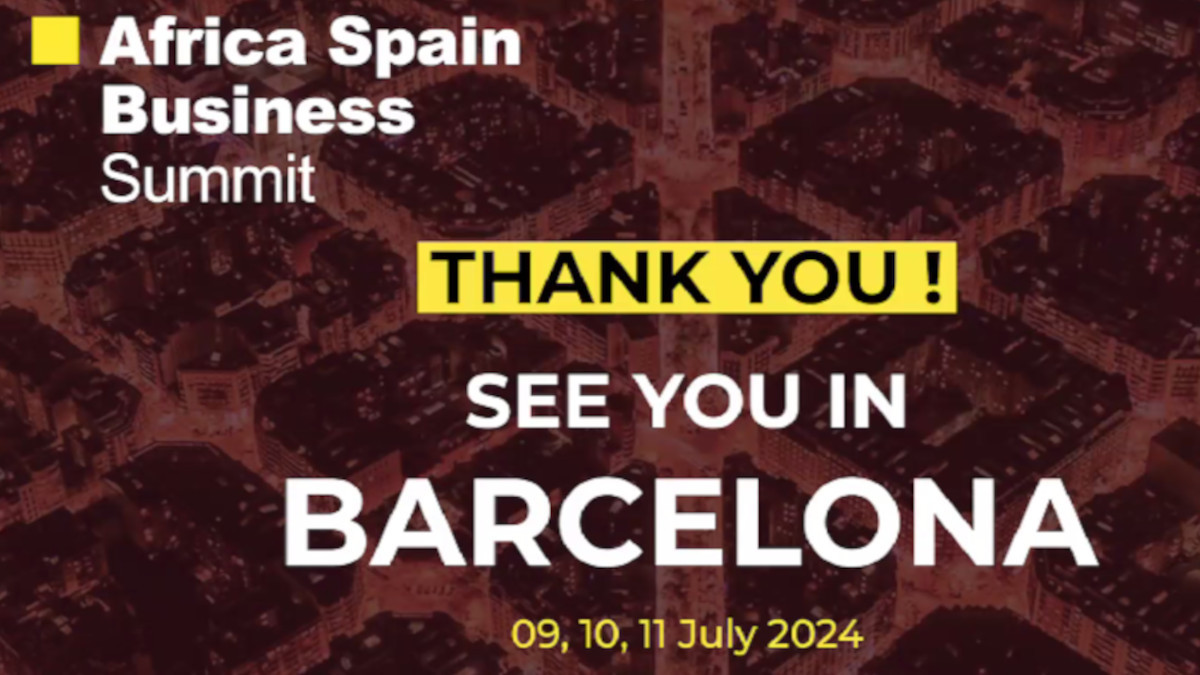
In this second meeting on trade between Africa and Spain participated: Soteri Gatera, Senior Economic Affairs Officer of the UNECA, Safall Fall, Director of the Africa Business Unit of Mazars, David Garay, Managing Partner of Indegate, Cynthia E. Gnassingbe-Essonnam, Senior Advisor Private Private Sector of the AfCFTA, and Arthur Minsat, Head of the Africa and Middle East Unit and Chief Economist of the OECD.
It is important to address the new threats and vulnerabilities arising from globalisation and increased regional integration. Regional integration should be seen as a national policy and successful regional integration measures, such as building infrastructure and reducing social isolation, are proposed. In an increasingly interconnected world, regional integration can be a useful tool to complement global integration processes.
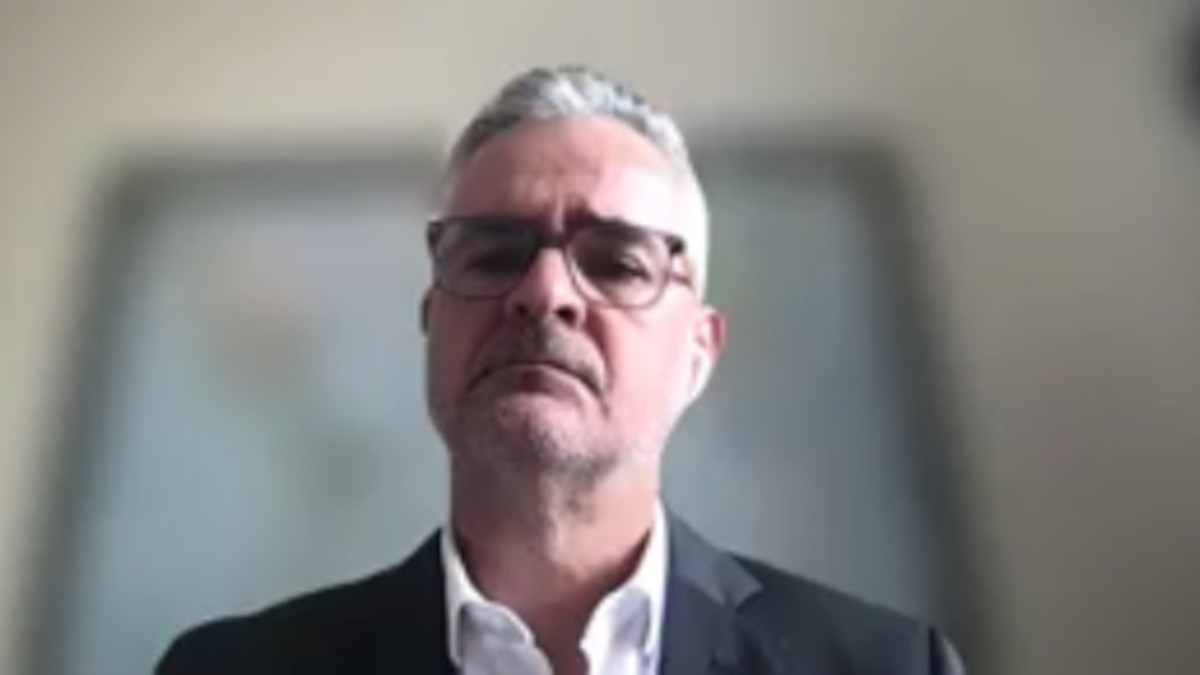
If properly implemented, it can help a country overcome its natural constraints and disadvantages. This means economic and political integration, and the creation of a single market is a decisive step towards removing all barriers to the movement of labour, goods and capital. Neighbouring countries can agree to cooperate and collaborate to achieve economic, political and environmental goals.
Integration schemes should play important roles, including improving trade and creating an enabling environment for growth and development. Countries can cooperate in areas such as trade, investment, government regulation, transport, infrastructure, macroeconomic and financial policy and the provision of other public goods. By working together in these areas, countries can benefit from an integrated and efficient regional economy.

Africa Free Trade Agreement
During the presentation, Cynthia E. Gnassingbe-Essonnam stressed that the Africa Free Trade Agreement is one of the largest in the world with more than 55 countries. For its better development, she explained that barriers and tariffs must be eliminated between them and with the rest of the world, and clarified that the main wall suffered by African economies is built on the basis of ignorance.
The African economic area is made up of small countries, but also large economies such as South Africa, Nigeria and Egypt. The Africa Free Trade Agreement (AFTA) is the creation of a single market with more than 1.3 billion people who contribute more than 3.5 billion dollars to the GDP of the whole.
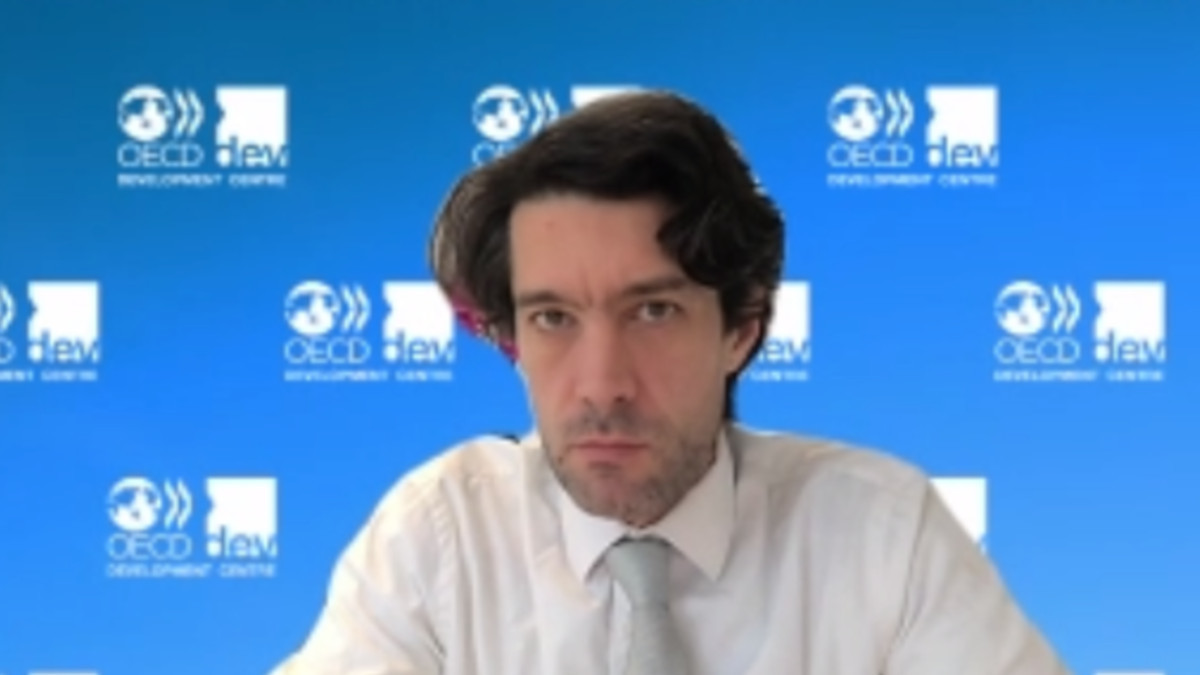
AfCFTA is the world's largest free trade area where 55 member countries of the African Union (AU) and 8 Regional Economic Communities (RECs) join together to form a single market for the continent. The aim is to ensure the free movement of goods and services across the continent and to strengthen Africa's trading position in global markets. As part of its mission, the AfCFTA is to remove trade barriers and increase intra-African trade.

The AfCFTA will help build regional value chains in Africa, enabling investment and job creation. Practical implementation of the AfCFTA has the potential to improve Africa's competitiveness in the medium to long term by boosting industrialisation, job creation and investment.
The AfCFTA aims to industrialise the continent to increase exports. It stressed the value that the continent can increase and develop with the negotiation. The African Development Bank is not only to support, but also to encourage negotiations in all sectors and to create protocols and good services.
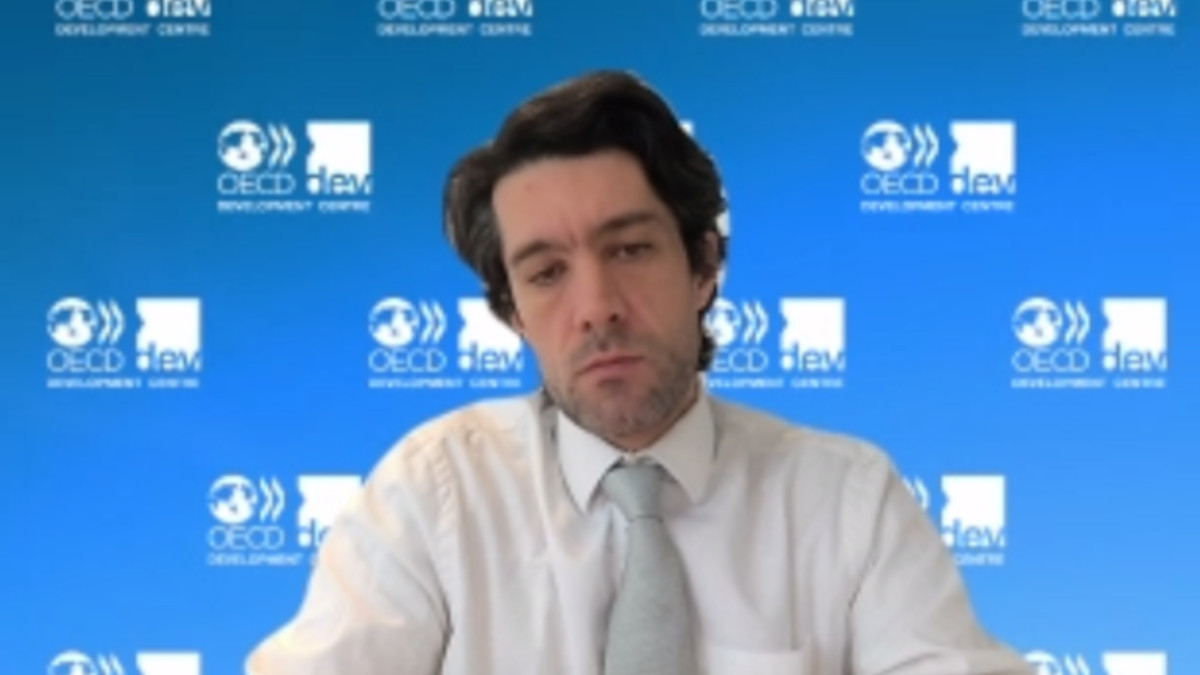
Arthur Minsat, from the OECD, confirmed that the key is industrialisation in order to find good market values. He said that one of the problems is that only 41% of Africa's business opportunities are signed with non-African countries. He reiterated that the AfCFTA is the opportunity to increase and agglomerate in major breakthroughs in commodity prices, common law making for all.
Infrastructure is the big difference between Europe and Africa
He highlighted the good economic climate between Africa and Spain. The Iberian country invests around 2.8 billion euros in the African continent, mainly in infrastructure construction and renewable energy projects, in particular around 50% of the investment is directed towards solar and wind energy. Specifically, 71% of Spanish investment in Africa is made on the continent's Atlantic coast. In addition, it has asked for the weight of small economies to be agglomerated.
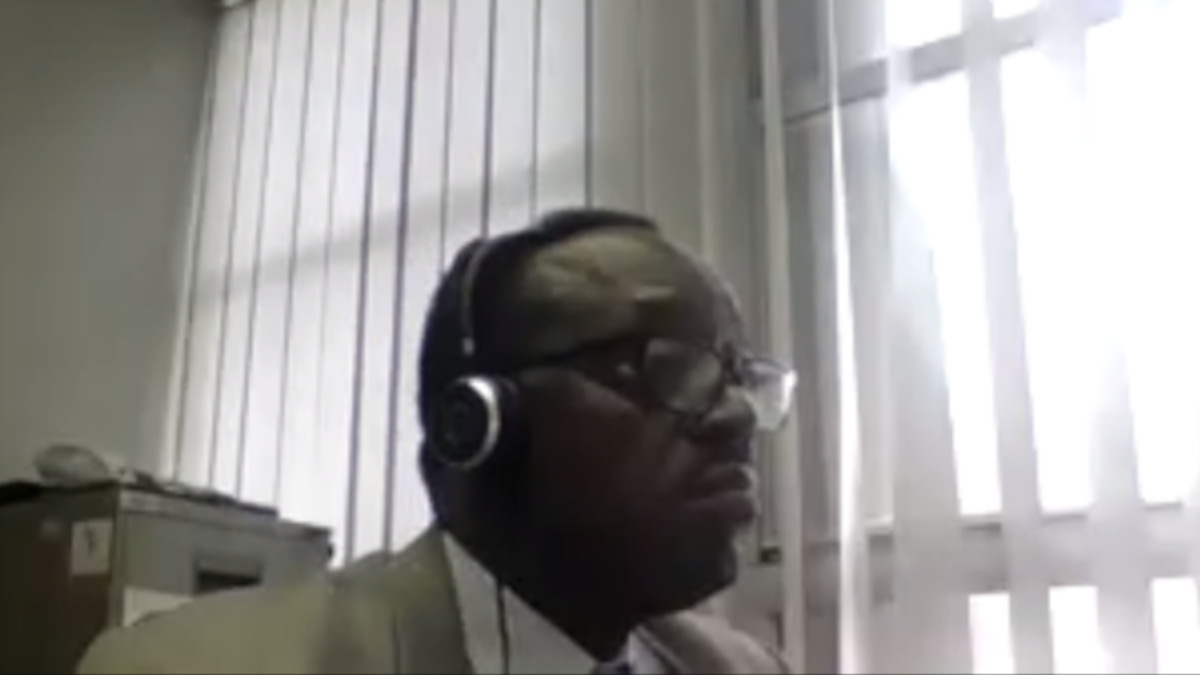
Countries such as Morocco and Algeria are the destinations chosen by Spanish companies to invest in the regions. One barrier is competitiveness, especially in the food sector. Most of it comes from Asia. What must be done between all of us is to promote investment by private companies.
To this end, he spoke of three keys: regulating prices, improving competitiveness in agriculture in order to alleviate hunger, which has increased by 16% and 40% in Asia, and reducing fragmentation, since there are more than 854 treaties between 169 countries. Implementing sufficient investment can digitise the continent and increase connectivity and internet connectivity which has increased by 45% in Africa. Developing infrastructure can be crucial to reduce non-tariffs on exports.

Physical infrastructure is a latent barrier in Africa. Laws have to be made to regulate it. A new direction needs to be taken. The EU must strengthen and not weaken. Africa must have a seat at the G20 table. Cynthia E. Gnassingbe-Essonnam adds another barrier: the perception that Africa is a high-risk continent for investors.
This is a misperception and people are not aware of the opportunities that the continent offers at the economic level. It is the fault of Africans themselves who do not know how to sell what the continent has to offer. It is important to emphasise the benefits and benefits that an investor will find in Africa. Therefore, this impression of the continent is one of the most important barriers that must be broken down.

There is great potential present. The agreement is not just about negotiating and adopting rules. It is also about developing tools to empower the continent. Development of support to adjust the impact of industrialisation on African countries. In addition, a financing and investment tool should be created for multinational organisations to regulate purchasing protocols so that manufacturers are clear about the rules on certain products in order to achieve 0% taxation by 2035 and turn around the current asymmetric relations.

Seeing Africa as a risky continent for investment is the first barrier that must be eradicated because public opinion is not aware of Africa's economic and commercial potential, nor of its security, employment rates and stability. To this end, four sectors were highlighted for the next ten years: sustainable agriculture, transport and logistics, automobiles and pharmaceuticals. The aim is to attract more Spanish people to invest in the continent in the coming years.

